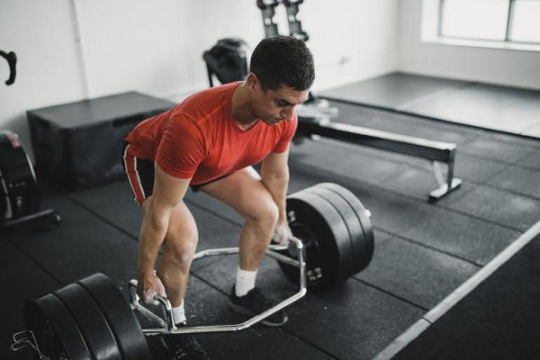Athletes, menopausal women, people trying to lose weight and vegetarians are more likely to have a protein deficiency. Amino acids are the building blocks of proteins and by eating more natural foods rich in essential amino acids or taking amino acid supplements people can build up the protein their body needs to function at its best.
What are some reasons people take protein supplements?
Dr. Jan Kasprowicz: Well first, most people are aware that protein is essential for optimal health, but the majority of people assume they are consuming the proper, correct amount of protein. Unfortunately, most of the protein from the food they are actually taking in is not actually converted to usable body protein. A big problem that we’re noticing is protein deficiency, which has common symptoms such as nagging injuries that don’t heal, brittle bones in menopausal women, constant colds, weakened immune systems, and just the inability to recover from workouts, especially strenuous workouts.
We notice this in athletes. With athletes, during exercise and training, the structural proteins get damaged. That is why they get sore, so they need the proper type of protein in order for them to actually gain any benefit from their training. That’s why they get muscle soreness after their workouts – insufficient protein, or better yet, amino acids, which are the building blocks of proteins. If you’re not taking in the proper type of amino acids, the repair of that muscle tissue is not going to occur as efficiently as it should.
Also, most menopausal women are protein deficient. They may have symptoms such as fatigue, altered mood, poor sleep, dull hair, fragile fingernails, and even bone loss. Essentially, amino acids are needed in their diet to optimize body protein, including balancing their hormones, neurotransmitters, repairing their hair, nails, and actually preventing that bone loss.
Also, vegetarians and vegans. There is always some controversy. Are they getting enough protein? Is the protein they’re getting as adequate? I was a vegetarian for about a year and a half. I just wanted to see how it was and I thought it was great. Every once in a while I’ll go vegetarian for a week or two, but when I do do that, I always make sure I am taking essential amino acids. Most are protein deficient, because their diet lacks optimal amounts of those essential amino acids. That causes poor body performance and health. Not all vegetarians. Some are actually very strict in making sure they do get all their amino acids. I’d say for the most part, the vegetarians and vegans that I do know, they are deficient and they’re probably lacking in protein.
Also, people looking to try to drop some body weight. In order to actually drop body weight, you’re also going to have to cut calories. An easy way to cut calories and a healthy way to do it, is instead of taking the food that is protein dense, you could also take in amino acids, essential amino acids, which are the building blocks of protein and there’s only four calories per serving of amino acids compared to 300 to 600 calories per day from eating protein from a food source.
What is the difference between plant-based protein, and animal-based protein, and which is better for the body?
Dr. Jan Kasprowicz: Well, amino acids are not classified as animal or vegetarian. Obviously, protein that comes from an animal is protein that comes from an animal. Protein that comes from a vegetable, or plant-based protein is, of course, vegetable or plant-based protein. I personally don’t take in protein supplements, unless I am doing some really heavy training or cycling. Rather, I take amino acids and the amino acids are not classified as either animal or vegetable-based. The products that I personally use are vegetable based. There’s 22 amino acids. Eight are essential to the body to create protein and repair muscle. The other 14 can be created by those eight through different various biochemical reactions of the body.
Basically, you just need those eight essential amino acids. There’s no real difference from the source, but rather from the absorption perspective. Most protein sources that athletes are taking in are poor quality. A lot of people are taking whey protein and even something worse called soy protein. Unfortunately, 17% of whey and soy protein actually is only utilized by the body. The other 83% is left as waste. Food, such as meat, fish, and poultry fare a little bit better. About 32% of the protein’s coming from the foods is actually being used by the body and the other 68% is actually left as waste.
Eggs, in regards to food, eggs are the best, because they basically utilize 48% and the other 52% is being wasted. A common supplement that a lot of athletes use are branched chain amino acids. I don’t know why, because only about 2% of them get absorbed and the other 98% get basically discarded as waste. Essential amino acids, because they are essential for the body and they can actually create all the other amino acids, they have a 99% utilization rate by the body. It’s only 1% being discarded as waste.
What are the different forms, like powder or liquid, that these protein supplements come in?
Dr. Jan Kasprowicz: Protein supplements do come in all different forms. It’s important to remember that like most supplements, protein loses bioavailability if stored incorrectly. It doesn’t matter, regardless if it is a powder, or if it is a pill, if it is a liquid, I always store everything in a refrigerator. The reason why, is because after a month, after it is actually manufactured, it starts to lose its bioavailability. In regard to our super shape protein supplement, which is a vegetable-based protein, which comes from pea, rice, and pumpkin protein, as soon as I open up the container I put it directly into the refrigerator and keep it in there, because it is a nice, cold, dry environment.
That’s the reason why where we manufacture our protein supplements, our super shake, we only manufacture 12 bottles at a time. Most manufacturers, which you should be aware of, they make anywhere from 1,000 to 10,000 containers at a time. The longer the product sits on the shelf, the more it’s going to be exposed to different environmental conditions, heat, cold, heat, cold, the less the ingredients are actually viable. That’s why we have actually turned down multiple offers to put our supplements into retail stores, because we don’t want to put a product out there that’s not going to be sold as quickly as we need it to, because after a month it significantly loses its bioavailability.
Which protein supplement would you recommend to take?
Dr. Jan Kasprowicz: I personally vary my protein sources, especially from animal proteins. I make sure they are from pasture-raised animals. Animals that were basically, they lived on pasture their entire life. For instance, if I am going to have some meat, if I am going to have a steak or even a burger or something, I make sure that it is from a pasture-raised animal, but it is also finished with pasture, with grass-fed. What they do, is what I have seen is actually some products out there, some of the meats, they are actually grass-fed and then they’re grain-finished, so before the animal is slaughtered, the two weeks before, they actually start feeding it grain to pump it up and get it a little heavier. That is also very inflammatory, which in turn will make you inflammatory as well.
I also make sure the fish that I am consuming is also going to be wild caught. In regard to vegetable-based proteins, I try to stick with pea, pumpkin, and rice protein, because they are safe. If I am in an intense training phase, like usually in the spring and summer I am doing a lot of cycling, I usually take our elite performance super shake, which contains pea, rice, and pumpkin protein, but it also has medium chain triglycerides, which is great way for your body to start burning fat for fuel. Contains zero grams of sugar, it’s dairy-free, it’s soy-free, gluten-free, and most important, it’s a non-GMO, so it is naturally made.
Another great supplement out there is called Perfect Amino, which is the essential amino acids that your body requires to make all the other amino acids. It’s really important to take it prior to training, because it actually will increase the amount of energy for your workout. I take it about 20 minutes after I train too, so this way it builds up my protein base for muscle repair as well.
If you are interested in speaking with Dr. Jan Kasprowitz, visit www.chiropracticandsportsrecovery.com, or call 917-748-2902 to schedule an appointment.
Click here to receive more information & to schedule your assessment







